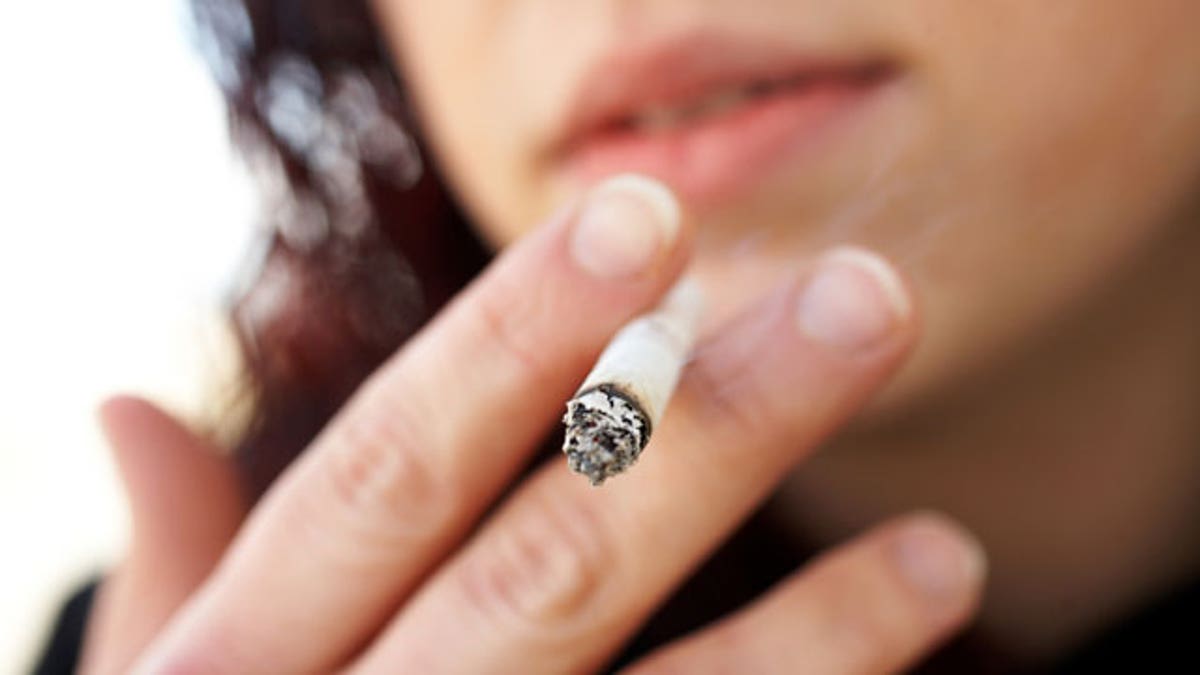
(iStock)
Eliminating smoking at home reduces the risk of sudden infant death syndrome (SIDS) by 80 percent, an Australian study has found.
Research from the University of Sydney has proven a link between noxious fumes and SIDS. It found nicotine, the main neurotoxin found in cigarette smoke, increased the risk of SIDS by damaging brain stem cells receptive to the drug.
The results, published in the journal of Toxicology and Applied Pharmacology, followed up on the research team's previous 2007 study of babies who died of SIDS that proved any smoke exposure contributed to brain cell death.
Of the 67 babies who died of SIDS in the research group, 81 percent were exposed to cigarette smoke.
International studies have shown the babies of mothers who smoke during pregnancy have a five-fold increase in the risk of SIDS, while babies born into a home where there is a smoker have a three-fold risk.
"We found any smoke exposure in the home resulted in a greater number of cells dying in the brain stem which controls heart rate, respiration and sleep and arousal," researcher Dr. Rita Machaalani said.
The incidence of SIDS has decreased by 85 percent in the past 25 years due to safe sleep education programs that recommend babies be placed on their backs to sleep.
Almost one in five women still smoke in pregnancy, including 42 percent of teenagers and 52 percent of indigenous women.
"The most outstanding risk factor is tobacco smoke and it's one of the hardest ones to shake," Ros Richardson, from SIDS and Kids NSW, said.
"Smoking in pregnancy is also associated with a higher risk of stillbirth and pre-term birth and neonatal loss."
